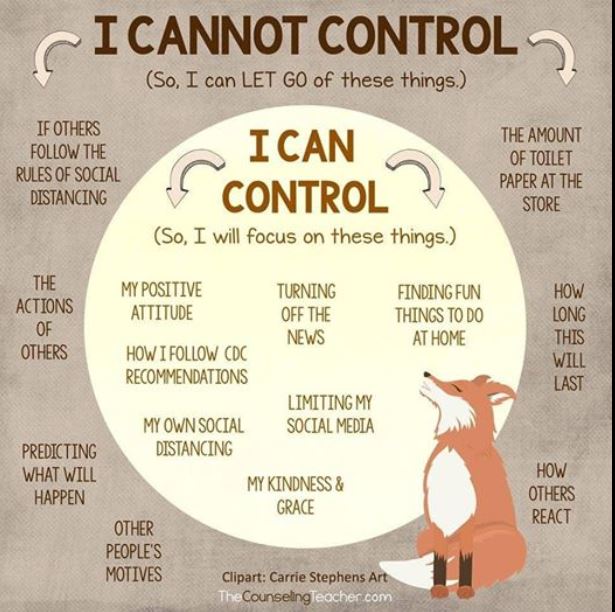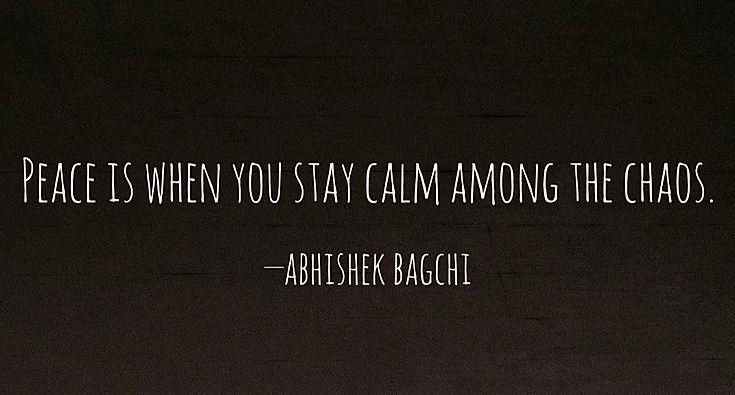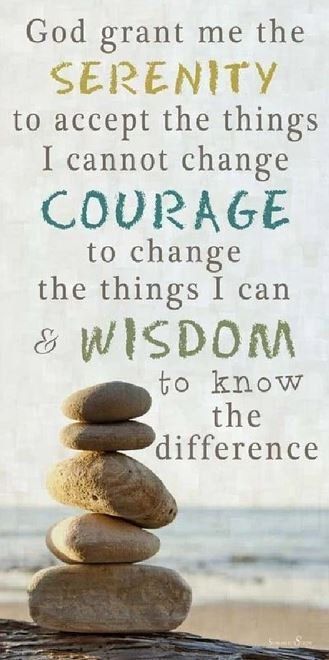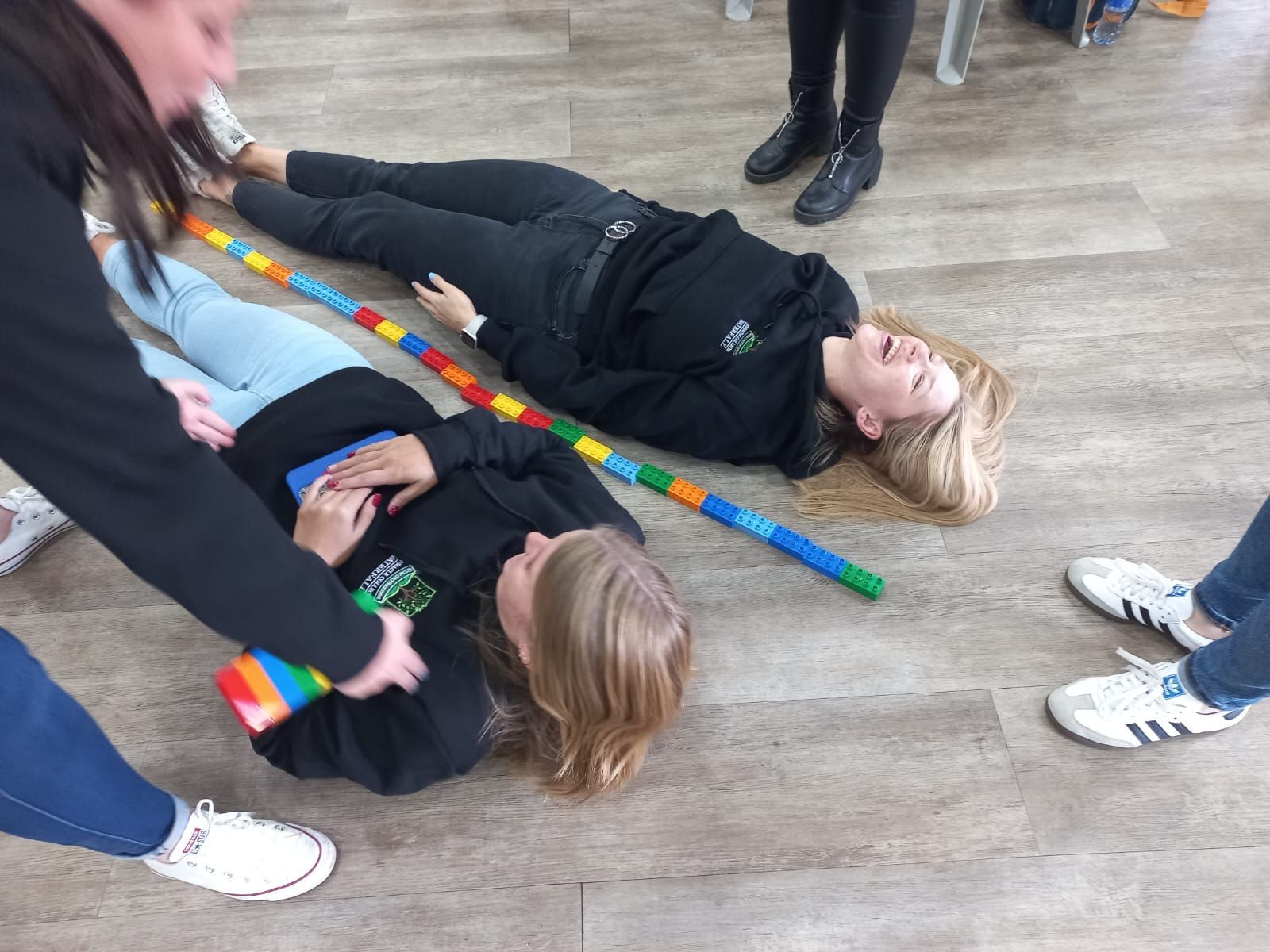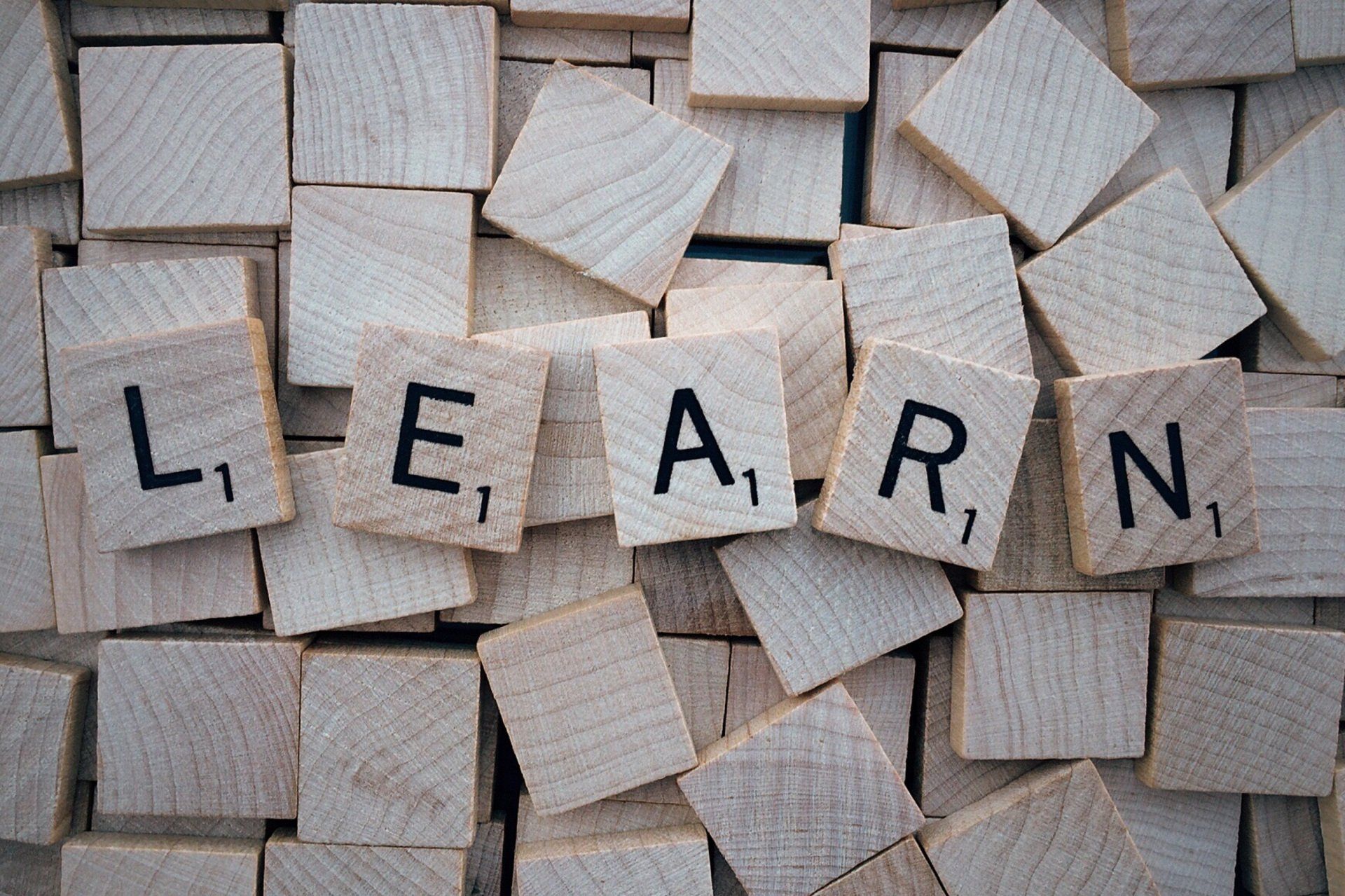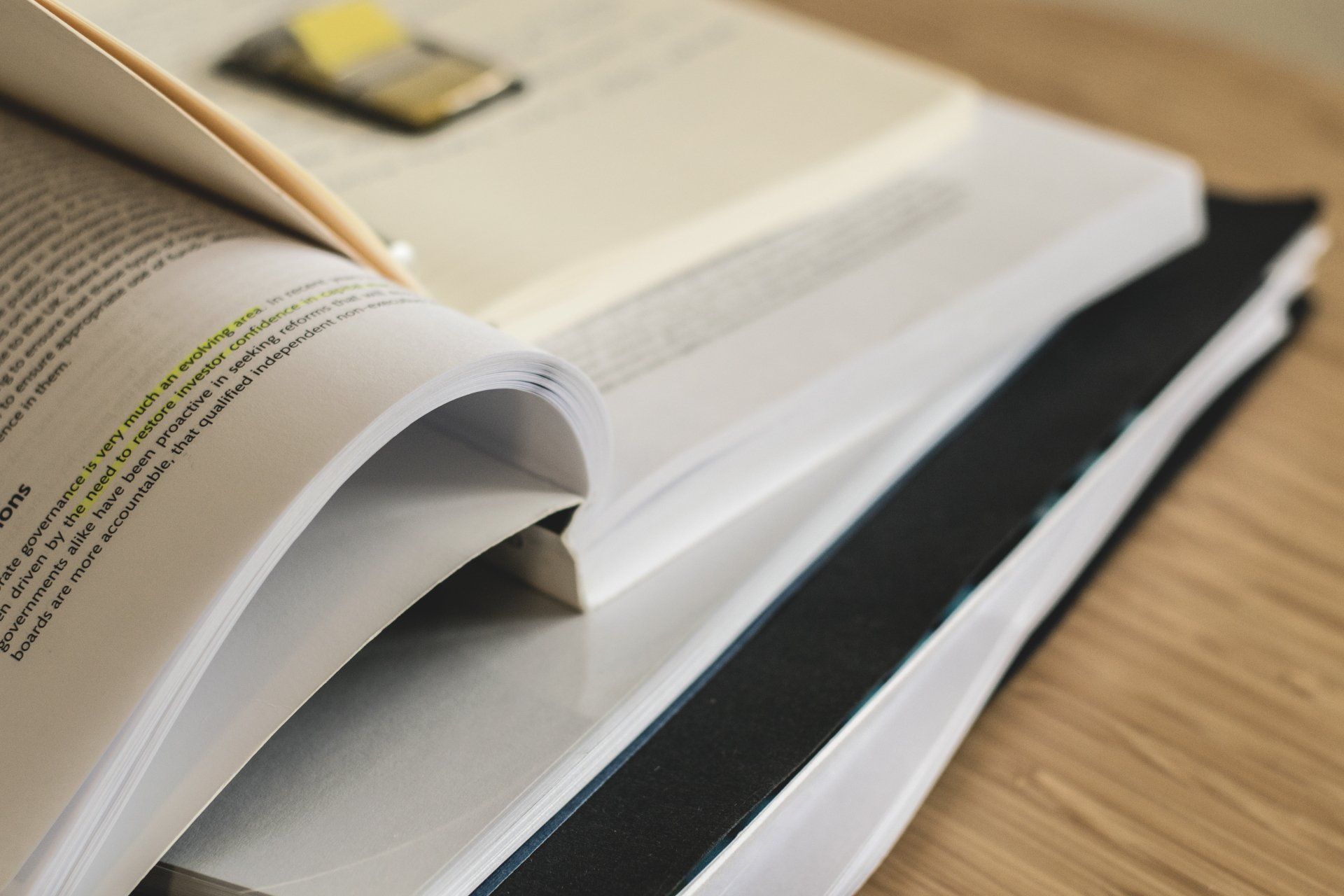Maintaining good mental health
Claire Symington • April 28, 2020
Maintaining good mental health

Updated: Apr 17
At the moment I find myself going through waves of emotions. A recent article I read resonated with my current state of mind, suggesting that we are all experiencing a collective sense of loss and therefore most likely transitioning between the various stages of grief as suggested by Elizabeth Kubler Ross (for those who want to read an in-depth article explaining this, follow the link below).
Any form of loss constitutes a trauma which Lisa Oliver describes as "too much, happening too fast". She offers grace and gentleness as a way in which to help us get through this process with more compassion for ourselves.
I find myself flitting between living in the moment to thinking of life after the lock-down. I have since realised that it is better for my mental health to focus on the here and now. This mind shift demands a relatively popular tool/practice proven to calm fears and anxiety, called mindfulness. I have often advocated the usefulness of using refocusing techniques to help quiet the mind and switch to grounding ourselves by using deep breathing exercises and the five senses. It is fairly simple to do, but does require some self-discipline to master. The great thing about it, is that you can do it at any time and place - it doesn't matter what you are busy with (making it very efficient). I have posted a few links below to help get you started. If you only want something brief, I suggest the link to using the "STOP" process.
I also use more practical ways to address overwhelming feelings, such as anxiety, by reminding myself of how I would have worked through these emotions with my clients. One of the first things that I try to facilitate is the idea that anxiety is a normal emotion that serves, just like other feelings, a very useful purpose - namely, to keep us safe and protected from harm. Your body is therefore only following orders by assessing various possible scenarios and planning ahead. Sometimes, however, our mind battles to distinguish these situations from the real deal and we may suddenly begin to show physical responses to it, such as shallow breathing, sweaty palms, heart palpitations or shaky knees etc. Acknowledging the role of different emotions helps to make better sense of them which means they can be better managed.
In managing emotions it often helps to externalise the feeling i.e. separate the emotion from oneself (easier said than done). I like to think of emotions as visitors, bringing along different responses and thoughts. This allows a person to feel more in control of a potentially debilitating reaction. It also creates an opportunity for you to evaluate the emotion objectively, by rating its severity (on a scale of 1-10, how anxious are you) as well as thinking of neutral ways to decrease the intensity of the emotion. The best defense against anxiety is gaining a sense of C O N T R O L. The great thing about that, means that sometimes feeling in control with something unrelated to the initial trigger of our anxious emotions, still works to make us feel better. In other words, sorting out the food cupboard or folding laundry makes us feel in charge of something, which makes us feel a little better overall. It is therefore important to acknowledge the difference between the things that are in our control and the things that are out of our control. So... focus on what you can control when you are feeling a surge of panic coming on.
Apart from stressing about the world out there, being in lock-down brings its own set of luggage. Although we are trying to make the most of spending time with our families, you may also experience a heightened sense of cabin fever (which may increase as the days tick by). You may find yourself becoming easily annoyed or frustrated by things that would not normally upset you. You may also be performing tasks around the house that you do not ordinarily have to do or you may be putting undue stress on yourself to be productive during these 21 days. Just breathe. Take a deep breath and breathe... It is vitally important to your health to prioritise your own sanity by making time for self-care. All of us have different ways of making sure that our cup doesn't run empty - whether it is taking a bubble bath, reading, walking, being creative or jogging - we know that sanity will prevail once we had some time to ourselves. Lockdown of course also means that some of our "go-to" self care plans are not allowed during this time, perhaps it will be good to reflect on ways to get creative in adapting the usual strategy (check out Mzanzi marathons as a good example) OR you may have to be open minded and stretch yourself to find a new way to feel relaxed and show some self-love. An exercise below, encourages you to think about self care and ways in which to rest your mind, body and soul.
A story that I often relay to my clients when we are working on managing their emotions is one from an unknown source. The author tells of an art competition where the participants were invited to illustrate their visual understanding of the word "calm". The submitted entries mostly reflected tranquil scenery such as the ocean or forests or at the very least someone engaged in a soulful experience. It was therefore quite a surprise when the winning entry depicted quite the opposite. At first, all one could see was chaos. It was filled with volcanoes erupting, planes crashing, buildings burning - to name a few. Puzzled, one of the viewers asked why this particular work won. The illustrator asked him to look very carefully at the image to spot a tiny bird sitting on its nest amongst all the chaos, and answered:
In short, the best advice I can offer is a prayer (unfortunately already copyrighted) that has helped me find my peace:

Southdowns College’s second open day of 2025 was an absolute success! Various departments of the school came together to showcase the excellence that the school provides and highlighted the values of integrity, hard work and humility that the school stands for. All the newly elected SEC members provided tours of the campus and explained the environment in which the future pupils will be in - one conducive for growth. It is a difficult task to encapsulate all the school has to offer into a few minutes, but the prefects went above and beyond to ensure that parents were left with a sparkling impression. The teachers invested their hearts and soul into their mini exhibitions, experiments, decorations and (most importantly) explaining what is offered in their respective subjects to the parents. Simultaneously, the Sports and Culture departments put together performances and workshops, to display the wonders and talents of Southdowns College. Not only did the wind blow strongly through the trees – the parents’ socks were blown off! A job well done, College!

At Southdowns College, the rust blazer unites us all. It is the symbol of belonging, of being part of something bigger than ourselves. But for the Black Blazer? It’s not just uniform, but a statement. The Black Blazer is earned – it isn’t handed out for show. It is a commitment to service, leadership and discipline. Wearing it doesn’t elevate us above anyone, it places us under the everlasting pressure of great power and greater responsibility. We don’t wear the blazer for status: we wear it because we chose to serve, and because the school community expects us to deliver. We serve the blazer, it does not serve us. Every morning when we put it on, we are reminded: “We represent more than ourselves. Our peers look to us for guidance; our teachers trust us to carry the values of Southdowns, and our actions reflect on the entire SEC.” That is no small weight... it isn’t supposed to be. The blazer demands respect – not because of its colour, but because of the responsibility stitched into it. It is a promise to lead by example, to stand firm when it’s easier to sit back, to make tough calls, and to act when silence would be easier. It is a challenge to work harder, listen better, and to push ourselves further. The Black Blazer does not make us special. What makes it special is that it holds us accountable every single day. It demands humility, pride, and strength. It reminds us that leadership isn’t about being seen – its about making a difference, even when no one is watching. This is why we wear it with conviction. This is why it matters. The Black Blazer is not about privilege. It is about service. It is about being the best version of ourselves.

There are a few moments you will never forget during your high school career: your first day in grade 8; the first test you failed; your first crush. However, few shine as bright as the moment being inducted into the Student Executive Council (SEC) of 2025/2026. On 3 September 2025, the new prefect body’s blood, sweat and tears were finally acknowledged as they were cheered onto the stage by peers, teachers, parents and their predecessors (the SEC of 2024/2025). The road to acquiring the black blazer is never easy: rounds of voting, hours putting in the extra work to prove yourself, while trying to cheer on your friends and competing against them at the same time, is no easy feat. None of the new SEC members knew their portfolios or the role that they would be playing for the next 12 months before being called upon. The atmosphere was tense with anticipation and bitter-sweet moments: while not all the prefects got the role their hearts desired, every one of them knew what a privilege it was to be walking the stage and exchanging their rust blazer for their black one. Amongst the nerves were moments of pride, tears and joy as the school community watched parents beam at their children’s accomplishments, signing their declaration to the school and taking their seats. The crowd also cooed at the cute childhood photos that were sported proudly next to their current school photo. The adorable kindergarten faces and poses simply won over everyone’s hearts! To our new SEC of 2025/2026: CONGRATULATIONS! We know that the journey has not been easy and is far from being done. We look forward to seeing your vision for Southdowns College come to fruition and seeing what story your lanterns will tell!

